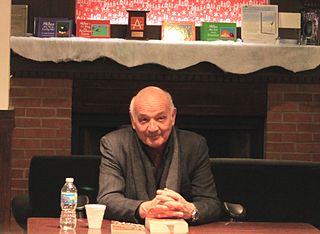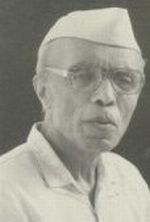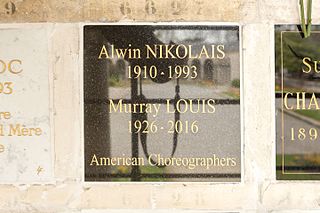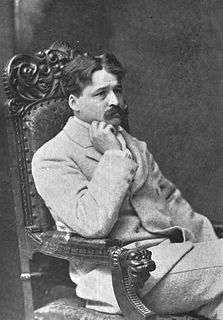A Quote by Jiddu Krishnamurti
What is of great importance is that everyone should concern himself with what I am saying, rather than with the personality of the Teacher, the body of the Teacher, where He dwells, and so on. That will lead to confusion.
Related Quotes
Often nothing keeps the pupil on the move but his faith in his teacher, whose mastery is now beginning to dawn on him .... How far the pupil will go is not the concern of the teacher and master. Hardly has he shown him the right way when he must let him go on alone. There is only one thing more he can do to help him endure his loneliness: he turns him away from himself, from the Master, by exhorting him to go further than he himself has done, and to "climb on the shoulders of his teacher."
My notion of a failed writing workshop is when everybody comes out replicating the teacher and imitating as closely as possible the great original at the head of the table. I think that's a mistake, in obvious opposition to the ideal of teaching which permits a student to be someone other than the teacher. ... The successful teacher has to make each of the students a different product rather than the same.
Reading a book should be a conversation between you and the author. Presumably he knows more about the subject than you do; if not, you probably should not be bothering with his book. But understanding is a two-way operation; the learner has to question himself and question the teacher, once he understands what the teacher is saying. Marking a book is literally an expression of your differences or your agreements with the author. It is the highest respect you can pay him.
The purpose of having the title 'World-Teacher' is to acknowledge, to show, the condition of mind and heart when you have achieved. It is like saying: 'I have painted a picture'. It is like saying: 'I have written a poem'. It is an assertion of the fact of attainment, rather than the narrow understanding that is given to labels and phrases. What the phrase indicates is of importance.
She might even be your lovely school-teacher who is reading these words to you at this very moment. Look carefully at that teacher. Perhaps she is smiling at the absurdity of such a suggestion. Don't let that put you off. It could be part of cleverness. I am not, of course, telling you for one second that your teacher actually is a witch. All I am saying is that she might be one. It is most unlikely. But--here comes the big "but"--not impossible.
The purpose of studying Buddhism is not to study Buddhism, but to study ourselves. That is why we have teaching. But the teaching is not ourselves. It is some explanation of ourselves. To study the teaching is to know yourselves. That is why we do not ever attach to the teaching, or to the teacher. The moment you meet a teacher you should leave the teacher, and you should be independent. You want a teacher so that you can be independent. So you study yourselves. You have the teacher for yourselves, not for the teacher.







































